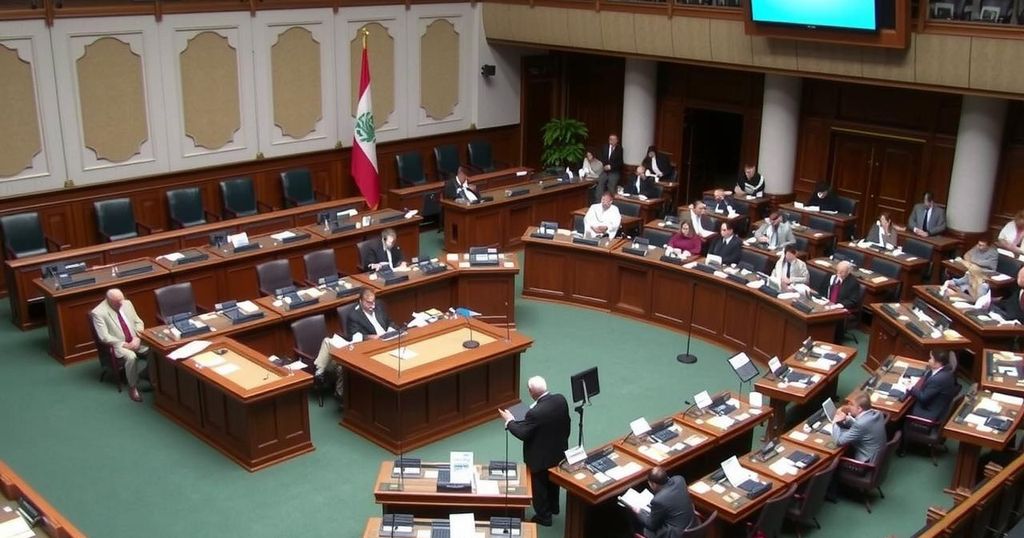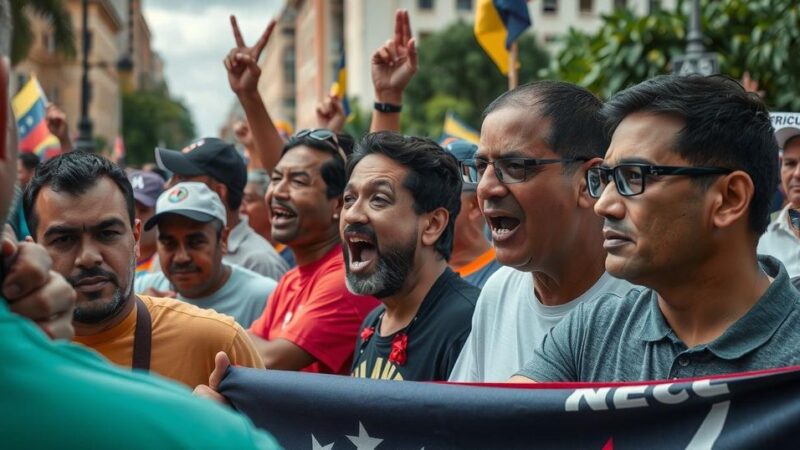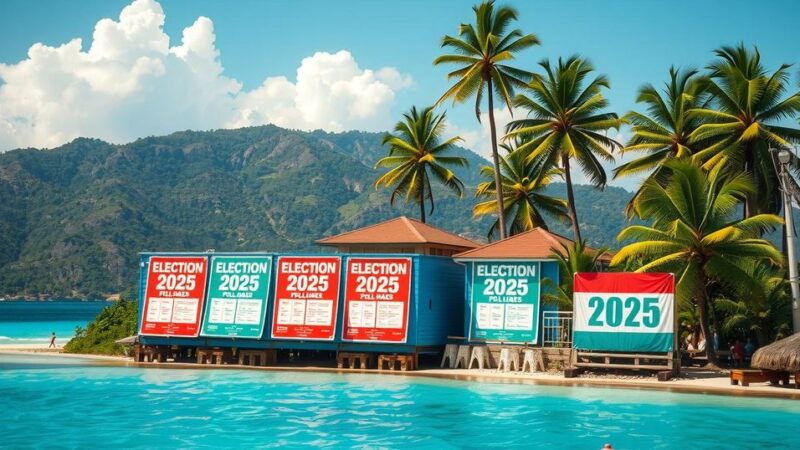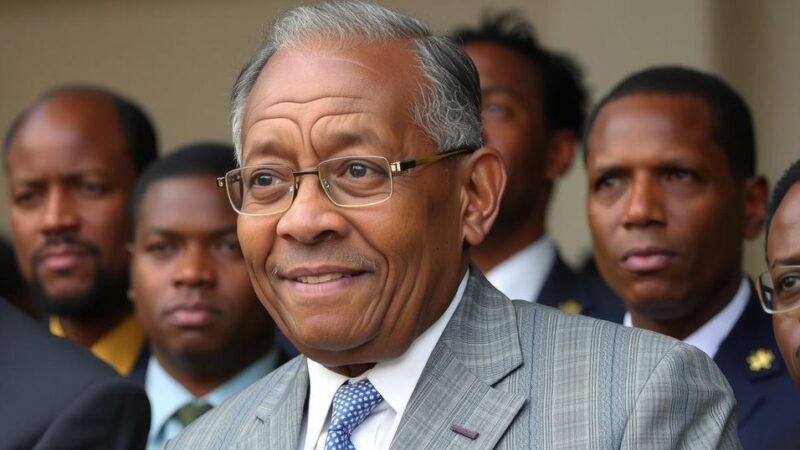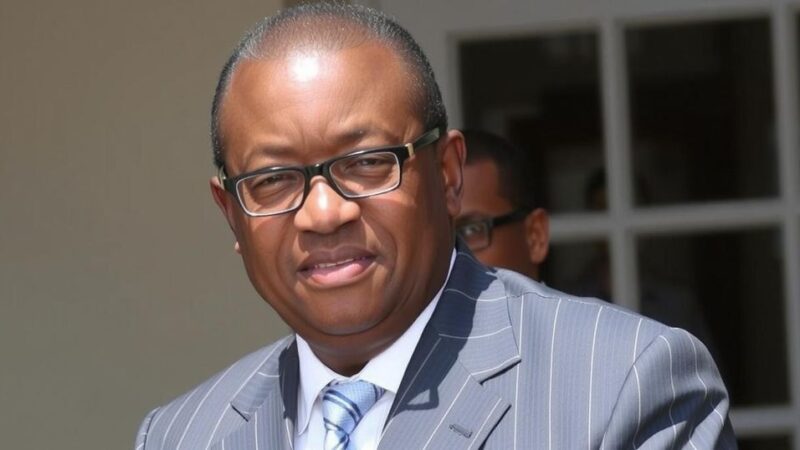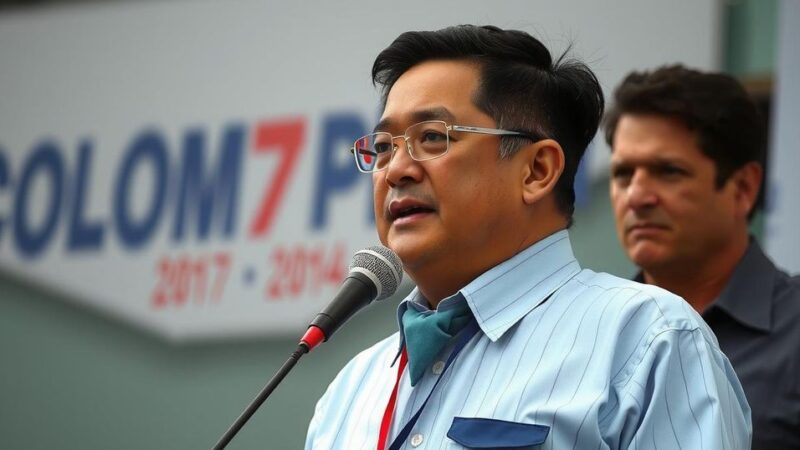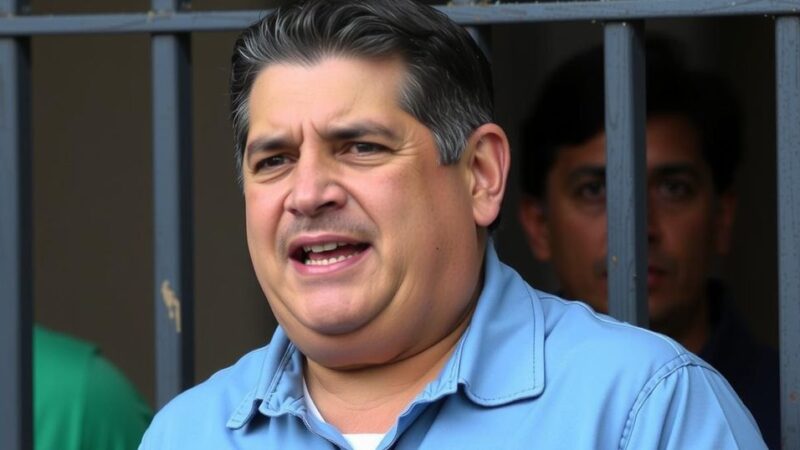Lebanon’s parliament is attempting to elect a new president following a two-year vacancy since Michel Aoun’s term ended in October 2022. Army Commander Joseph Aoun is the leading candidate, backed by the United States and Saudi Arabia. With political endorsements evolving, especially Frangieh’s withdrawal, there is cautious optimism for a successful election. The new president will be pivotal in stabilizing governance amid Lebanon’s ongoing economic crisis and addressing reconstruction needs post-conflict.
Lebanon’s parliament has made yet another attempt to elect a president, in efforts to fill a vacancy that has persisted for over two years since the term of former President Michel Aoun ended in October 2022. Despite 12 prior unsuccessful attempts, there are hopeful signs that the current vote might yield a new head of state. The frontrunner for this position is Lebanese Army Commander Joseph Aoun, who is believed to have the backing of the United States and Saudi Arabia, vital allies for Lebanon as it seeks to rebuild following recent conflicts.
Previously, Hezbollah backed Suleiman Frangieh, leader of a minor Christian political group with ties to former Syrian leader Bashar Assad. However, in a surprising move, Frangieh withdrew his candidacy and endorsed Joseph Aoun on the eve of the vote, simplifying the route for the army commander.
Lebanon’s complicated sectarian power-sharing framework often leads to political and procedural disagreements, resulting in deadlock and prolonged presidential vacancies. The country has seen such situations before, such as the 2.5-year hiatus from May 2014 until October 2016, when Michel Aoun was ultimately elected.
Due to constitutional restrictions, Joseph Aoun, as a sitting army commander, faces additional challenges in his pursuit of the presidency. Typically, a candidate requires a two-thirds majority from the 128-member parliament to be elected in the first round, while subsequent rounds require only a simple majority. However, owing to his unique circumstances, Aoun will need a two-thirds majority even in a second round.
Other candidates include Jihad Azour, the former finance minister currently serving as the director of the International Monetary Fund’s Middle East and Central Asia Department, and Elias al-Baysari, who serves as the acting head of Lebanon’s General Security agency. The successful election of a new president is crucial for the appointment of a permanent prime minister and cabinet.
The Lebanese parliament’s ongoing effort to elect a president underscores the country’s intricate political dynamics characterized by sectarian divisions. Since former President Michel Aoun’s term ended in October 2022, Lebanon has experienced a political vacuum, complicating efforts to govern effectively. Joseph Aoun, favored by key international players, represents potential stability amid Lebanon’s ongoing economic challenges, which include a protracted financial crisis and power shortages exacerbated by ineffective governance. The election process, stymied by constitutional barriers and a fragile political climate, highlights the urgency for leadership to restore normalcy and address pressing issues, including economic recovery and regional conflict management.
The attempt by Lebanon’s parliament to elect a new president after a two-year hiatus illustrates the urgent need for stable governance in a country beset by crises. Candidates like Joseph Aoun and others reflect varied political aspirations amid challenging sectarian dynamics. The successful election of a president is essential for establishing a functional government capable of addressing Lebanon’s economic hardships, making this parliamentary session critically important for the nation’s future.
Original Source: www.hindustantimes.com

